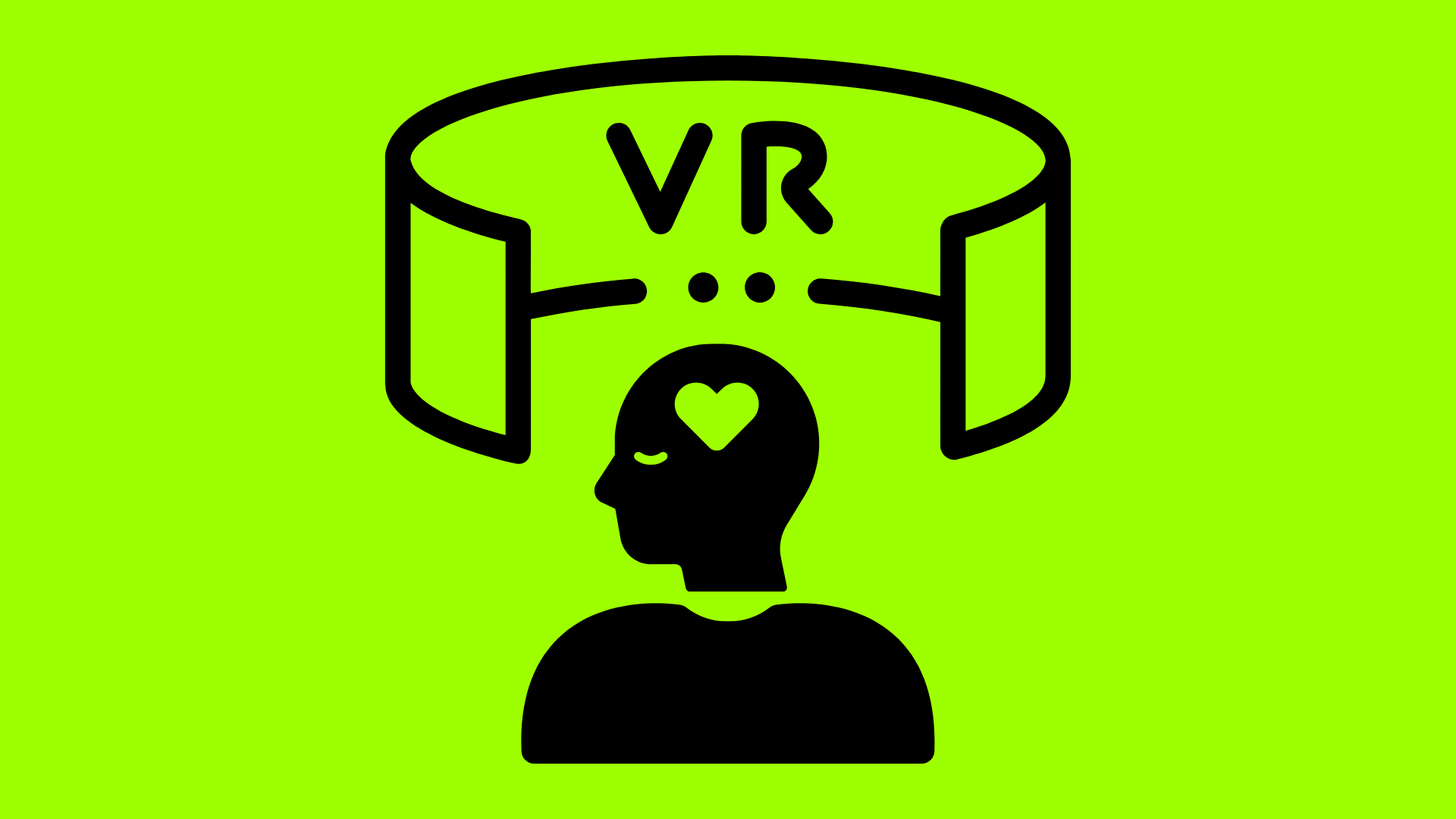Immersion Therapy for Treatment and Support of Mental Health conditions
Immersion therapy is a type of therapy that involves fully immersing an individual into a simulated environment that replicates real-life experiences.

Immersion therapy is a type of therapy that involves fully immersing an individual into a simulated environment that replicates real-life experiences. This type of therapy is gaining popularity in the field of mental health, as it has been shown to be effective in treating a range of mental health conditions.
The benefits
One of the main benefits of immersion therapy is that it allows individuals to experience real-life situations in a controlled and safe environment. This can help individuals overcome their fears and anxieties, build their confidence, and develop coping skills. For example, someone who is afraid of flying can be gradually exposed to increasingly realistic simulations of a flight, eventually leading to a real flight without fear.
Another benefit of immersion therapy is that it can provide a more engaging and interactive experience than traditional therapy. Rather than simply talking about a traumatic experience, for instance, an individual can actually re-live the experience in a controlled environment, allowing them to process and overcome the trauma in a more meaningful way.

Types of therapy
One of the most well-known forms of immersion therapy is virtual reality therapy. Virtual reality therapy involves wearing a headset that transports the user to a simulated environment. This technology allows therapists to create realistic simulations of real-life situations that are tailored to an individual's specific needs. For example, someone who has a phobia of public speaking can be gradually exposed to increasingly realistic simulations of public speaking, helping them to overcome their fear.
In addition to virtual reality therapy, there are other forms of immersion therapy, such as role-playing, exposure therapy, and simulation therapy. These types of therapy involve gradually exposing individuals to real-life situations in a controlled and safe environment, allowing them to practice and develop coping skills.
Overall, immersion therapy has been shown to be an effective and engaging form of therapy for a range of mental health conditions, including anxiety disorders, phobias, post-traumatic stress disorder (PTSD), and more. It provides individuals with a unique and interactive experience that can help them overcome their fears, build their confidence, and develop coping skills. If you're looking for a new and innovative approach to mental health treatment, immersion therapy may be the solution you've been looking for.
It's important to note that immersion therapy should be used in conjunction with other forms of therapy and with the guidance of a licensed mental health professional. While it has been shown to be effective for many individuals, it may not be suitable for everyone. If you're interested in trying immersion therapy, be sure to discuss it with your mental health provider to determine if it's right for you.






